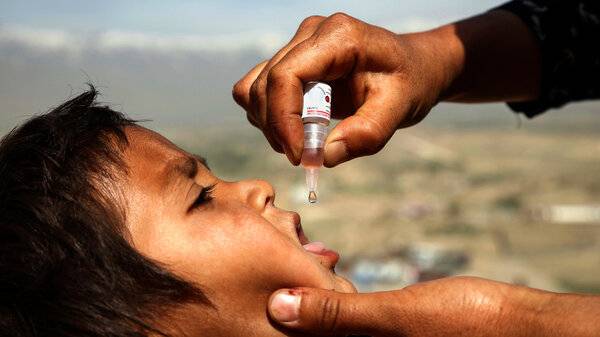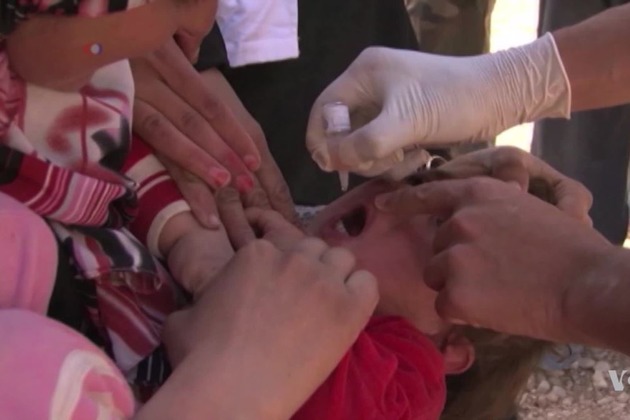Disir
Platinum Member
- Sep 30, 2011
- 28,003
- 9,607
- 910
Polio had been battled to near-extinction after decades of effort, but this year the WHO confirmed 68 new cases and declared it an international public health emergency. Nearly 80 percent of those cases are in Pakistan.
Why is this?
The CIA Aided Polio's Comeback?but Media Have Forgotten the Story
That article perfectly demonstrates how the media jacks with us.




